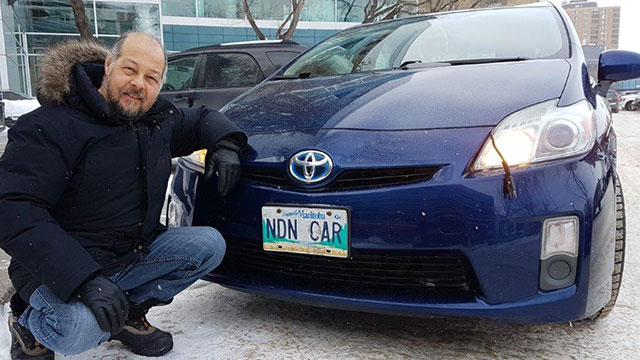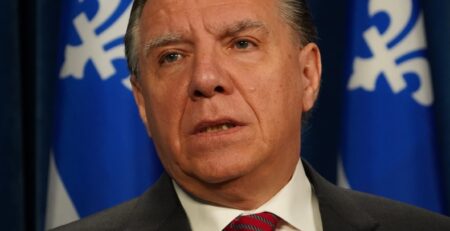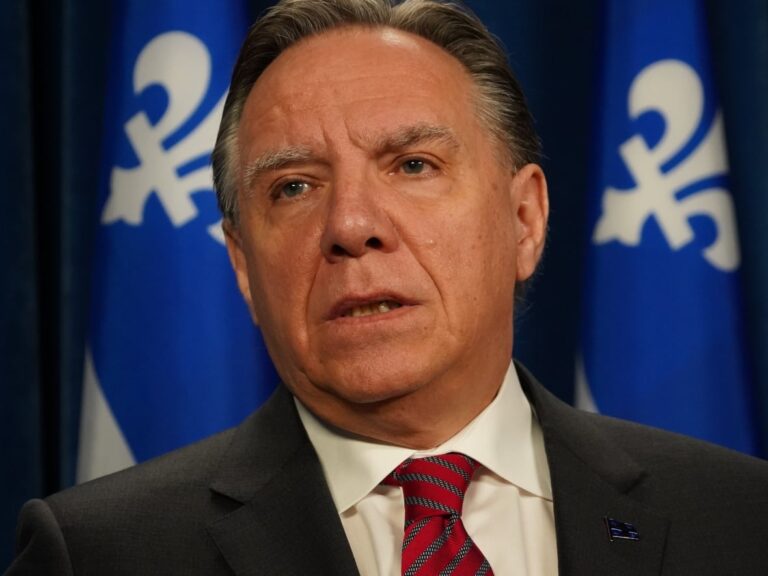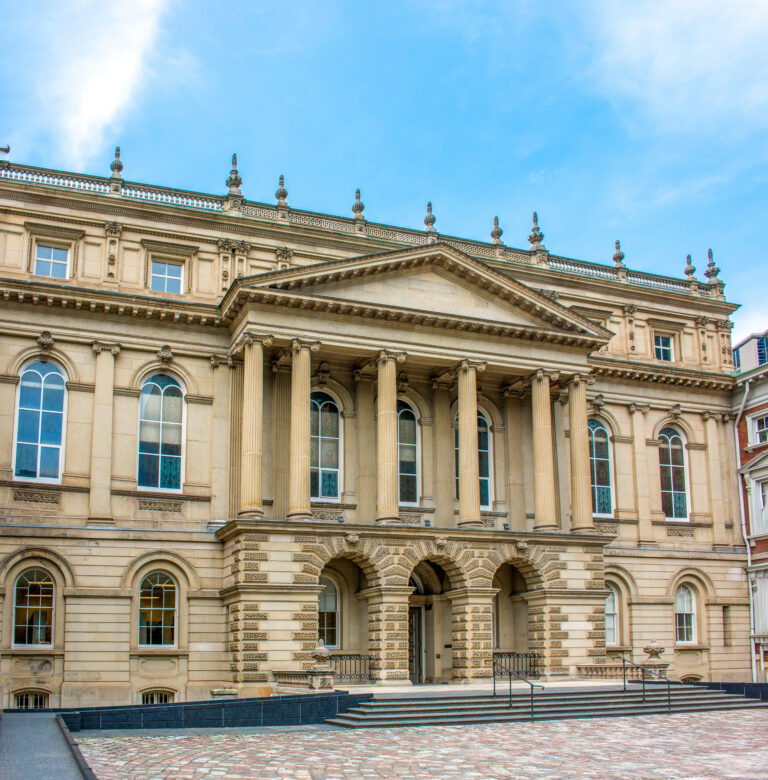
WINNIPEG: In an out-of-court settlement negotiated by the Justice Centre for Constitutional Freedoms (jccf.ca), Manitoba Public Insurance (MPI) has returned the personalized license plate “NDN CAR” registered to Bruce Spence, of Winnipeg. The plate was revoked by MPI seven years after being issued after suddenly being “identified” as a “phrase or innuendo that may be considered offensive.”
Mr. Spence is excited to have his plate back, and to display it proudly on his vehicle once again. As stated in his affidavit, Mr. Spence, who is Cree, chose the personalized plate “NDN CAR” as a witty reference to the popular folk-rock song “Indian Cars” by Indigenous musician Keith Secola. Mr. Spence states he has received nothing but happy smiles and thumbs up in response to the plate from fellow travelers across Canada and the United States. He noted that in seven years of having the plate on his vehicle, he had never encountered anyone that failed to recognize the plate as a humorous tribute to being an Indigenous person driving a car. In fact, many people asked to have their picture taken with the car, Mr. Spence detailed in his affidavit.
On February 12, 2019, after Mr. Spence received a letter from MPI stating that the plate was “prohibited, as per our guidelines”, apparently because it had been “identified” as a “phrase or innuendo that may be considered offensive”. The letter instructed him to “surrender” the plate to MPI. That same day, Mr. Spence called MPI, to discuss why the plate was being revoked and inquiring if there was anything he could to do keep his plate in use. The MPI staff person he spoke with did not realize what “NDN” stood for. Mr. Spence explained it meant “Indian”. The MPI employee responded, “Oh, it’s racial, I bet that’s why.”
Mr. Spence was then told that a complaint had been received by MPI regarding the plate and that MPI must “listen to the public”. MPI advised Mr. Spence that the decision to revoke the plate was final and there was no appeal process.
The Justice Centre provided pro bono legal representation to Mr. Spence, to challenge MPI’s decision to revoke the personalized plate. Mr. Spence applied to the court asking for a declaration that the revocation of his personalized plate violated his freedom of expression as protected by section 2(b) of the Charter, and requesting an order overturning MPI’s decision to revoke his plate and return his plate to him. In light of the plate being returned, the court application is discontinued.
“Mr. Spence’s personalized plate contains expression that is protected by the Charter from government censorship,” explains Justice Centre lawyer, James Kitchen. “As a government body, MPI is precluded from violating the freedom of expression rights of vehicle owners who chose, in response to MPI’s invitation to do so, to express themselves on personalized licence plates. It cannot revoke personalized plates simply to avoid controversy or to appease someone who has complained because they feel offended by a particular personalized plate.”
“By agreeing to return Mr. Spence’s personalized plate, MPI has implicitly acknowledged that revoking the plate was improper,” added Kitchen. “This is a significant victory for freedom of expression in Canada,” concluded Kitchen.







